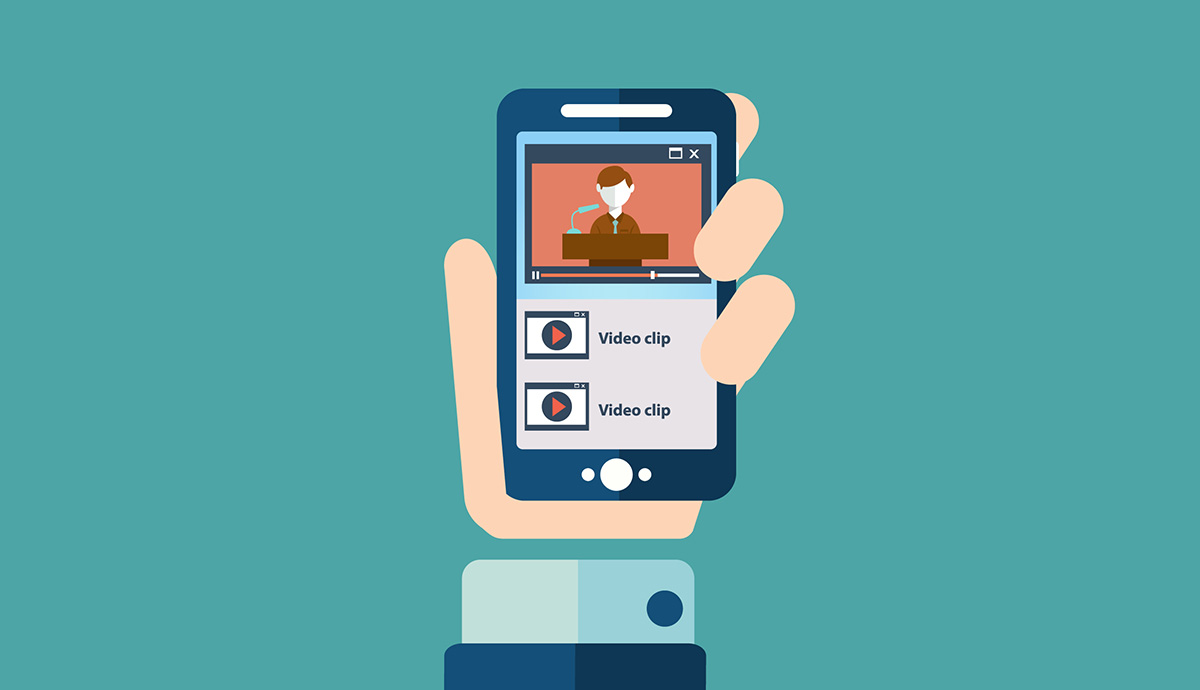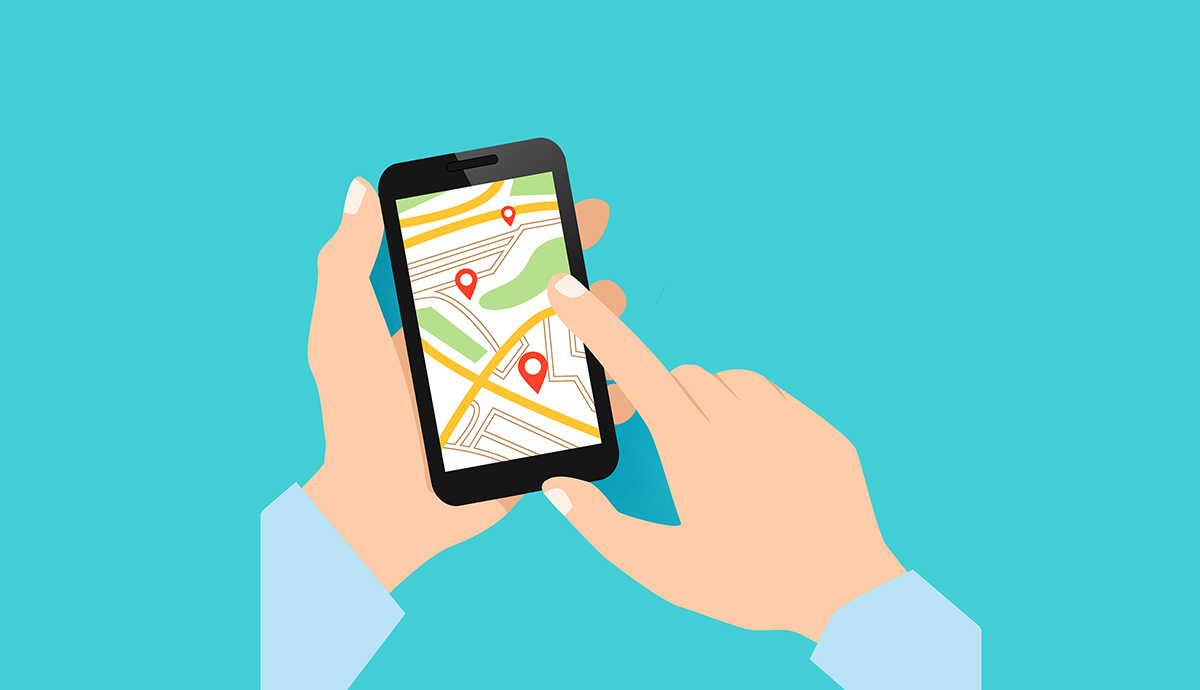Last updated: April 25, 2024
Have you ever wondered who could have access to your private messages, personal photos and banking information? In the digital age, our lives are increasingly dematerialized, our data becomes our identity and the protection of this precious information is essential. But how can we ensure the security of our online data?
In this guide, we will explore together a series of tips to effectively protect your online data.
The dangers of not protecting data online
Browsing the web without data protection is like swimming in a shark-infested sea. Indeed, the risks are numerous.
Let's take a closer look at the potential dangers.
1. Cyberattacks

A cyberattack occurs when hackers attempt to gain illegal access to a computer system. There are many examples of cyberattacks, but two stand out:
- THEWannaCry attack : In 2017, this ransomware infected hundreds of thousands of computers around the world, causing major disruption in sectors as varied as hospitals, businesses and public administrations.
- The attack on SolarWinds : In 2020, a highly sophisticated attack compromised SolarWinds network management software, used by many large enterprises and government institutions, potentially exposing their systems to unauthorized access.
2. Fraud and identity theft
Another peril to consider is the identity theft. This is a situation where cybercriminals steal your confidential information. Then, they exploit them to perpetrate various scams. Indeed, these actions can have devastating consequences.
3. Financial losses
Exposing your financial information constitutes a third major risk. Indeed, this can lead to heavy financial losses. Here are two notable incidents:
- The Uber hack : In 2016, a cyberattack exposed the data of 57 million Uber customers and drivers, and the company had to pay a $148 million fine for failing to report the breach.
- The attack on Target : In 2013, hackers managed to steal the credit card data of 40 million Target customers, resulting in millions of dollars in losses for the company and consumers.
How to protect your data online?
1) Pledge to share less online

The first and most important step you can take is to limit the information you share on the Internet. Social networks, applications, websites, all collect your data, sometimes without you being aware of it.
Recent examples of privacy breaches by Zoom, Strava and Facebook show that even high-profile companies can be careless with your data.
To counter this, here are some recommendations:
- Stay discreet on online forms, by only filling in the required fields.
- Use a disposable email address for subscriptions and mailing lists.
- Limit access to your collaborative folders, albums, or playlists.
- Secure your Wi-Fi connection by protecting your router with a strong password.
2) Use strong, unique passwords and two-factor authentication
Passwords are the first line of defense against hackers. It is crucial to use a unique and strong password for each online account. Next, add passwords to all your devices and make sure they automatically lock after a certain amount of inactivity.
THEusing a password manager can facilitate the management of multiple accounts. Additionally, set up a two-factor authentication to enhance security. Finally, choose authenticator apps over SMS verification codes, as they offer better protection.
3) Prioritize interactions with SSL-secured websites

Cybercriminals use a multitude of tactics to attempt to intercept your data as it is in transit between your device and the website's servers. We are seeing an increase in so-called “man-in-the-middle” attacks. To ensure that your data is not intercepted during transfer, it is crucial to take the following steps:
- Choose HTTPS : Be sure to only establish connections to websites secured by HTTPS. These websites have an SSL certificate, which ensures the security of information in transit. HTTPS comes with an SSL certificate. De nombreuses options de certificat SSL sont disponibles, allant des moins chères aux plus conviviales. Les certificats SSL tels que les certificats RapidSSL, SSL Comodo, Thawte SSL certificates etc are issued by recognized certification authorities and offer a high level of encryption.
- Avoid the HTTP protocol : Websites still using the HTTP protocol present a higher risk of compromising your data. Avoid them as much as possible.
4) Tighten the privacy settings of your online accounts
Companies tend to gear their default settings towards data collection. It is therefore crucial to review and tighten the privacy settings of your online accounts.
Pay particular attention to:
- Le location tracking : Turn off automatic geolocation data on your social media posts, photos, and comments.
- Public information: limit the information you make available to the public.
- Likes, shares and comments: Even your interactions with other posts can reveal information about you.
5) Protect yourself from search engines that track you
Search engines are a gold mine of personal information. For an overwhelming majority of us (92% to be precise[*]), this information collection is mainly carried out by Google.
Digital giants like Google and Microsoft, which own the search engines Google and Bing respectively, also operate very popular browsers: Chrome and Edge. As a result, they have access to a considerable amount of data.
The first step to strengthening the confidentiality of your browsing on search engines is to erase your data.
Here's how to proceed:
- For Google : Go to the “My Activity” section of your account and delete your entire history.
- For Microsoft : You will need to delete data separately for Microsoft Edge and Bing.
- For Yahoo : You have the option to delete your data via “Search history management”.
However, it should be noted that there is no method to completely stop Google from tracking your activities. An alternative solution would be to opt for a search engine that respects the privacy of its users, such as DuckDuckGo.
6) Protect your data with encryption
Do you consider your digital data secure? Maybe you should reconsider.
Above all, protect your computer. A password secures your connection, but what if your drive is stolen? Cybercriminals could access your data. The solution : encryption. Sure Windows and Mac, encryption makes your data inaccessible without your password.
Recent mobile devices, such as Apple and Android, use encryption by default. And remember: before selling or giving away a device, erase all its data and reset it.
Also consider limiting your cloud storage. Photos kept on your personal devices prevent incidents like iCloud hacks
7) Never miss software updates
A lot of security issues don't come from new bugs. In fact, they often use weaknesses that are already known and fixed, but which remain on computers that have not been updated.
A 2022 report by Bitdefender showed that these unfixed weaknesses are a big reason why computers Windows are often attacked.
To better protect your data:
- Do automatic updates.
- Install an antivirus.
En conclusion
Online security is like a game that never ends. We must always be on the lookout, change our habits and update our tools. But do not worry ! By following these simple tips, you can strengthen your online protection and keep your personal information safe from trouble.
There you go, our guide comes to an end. Stay vigilant and navigate safely on the web!





Need help ? Ask your question, FunInformatique will answer you.